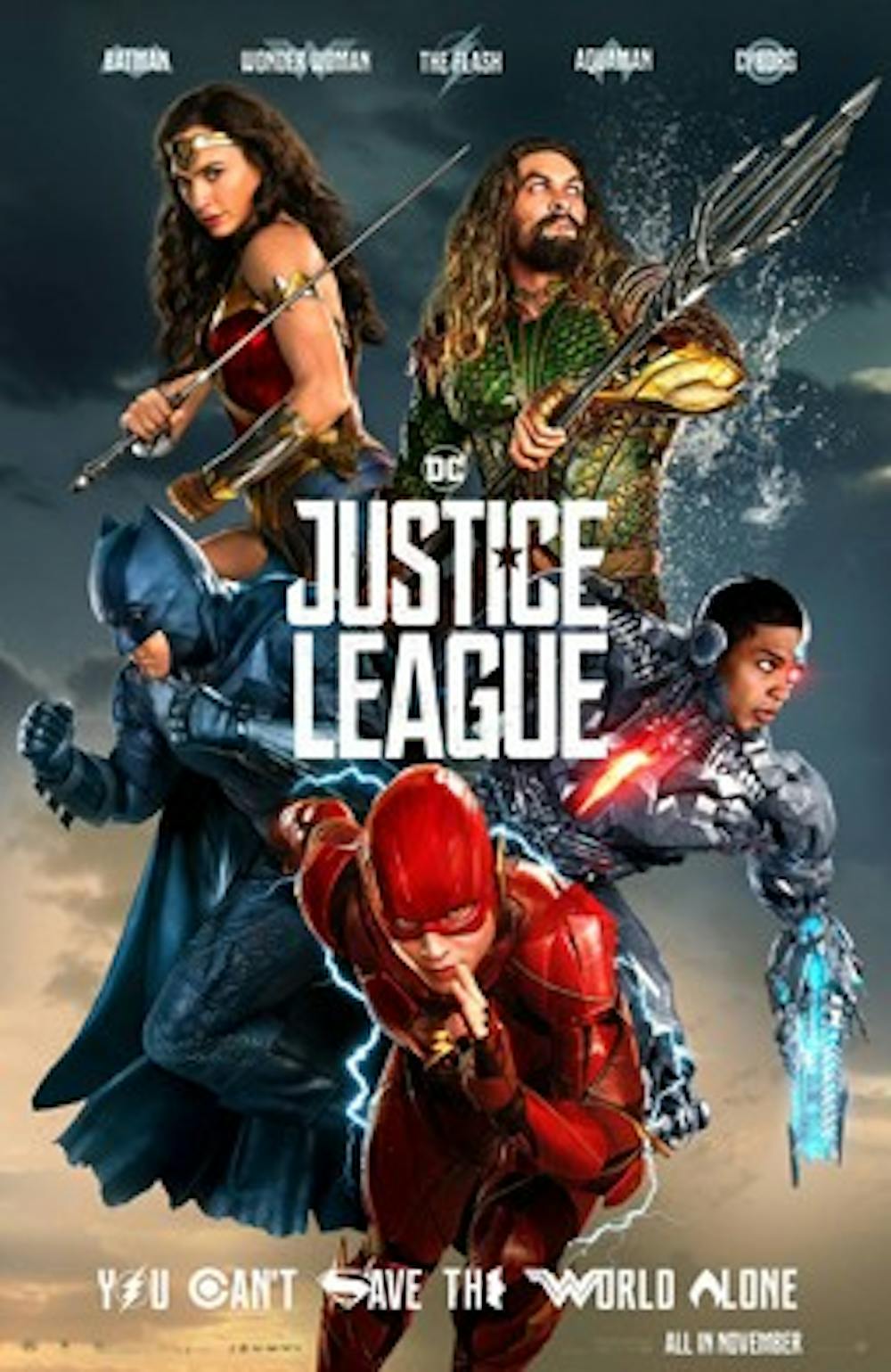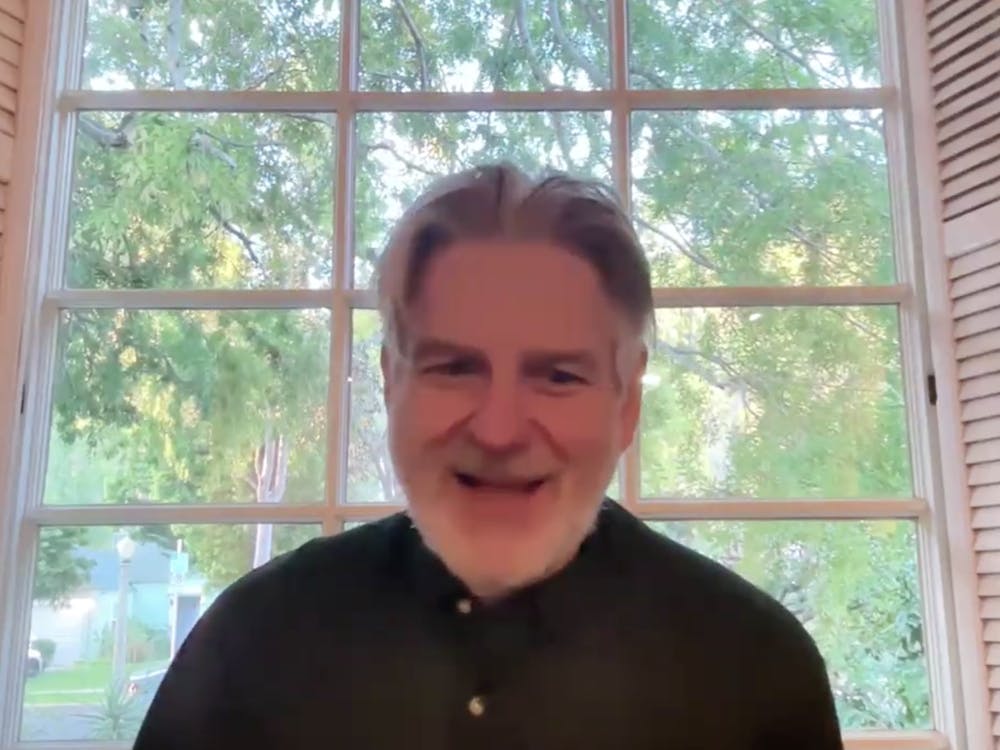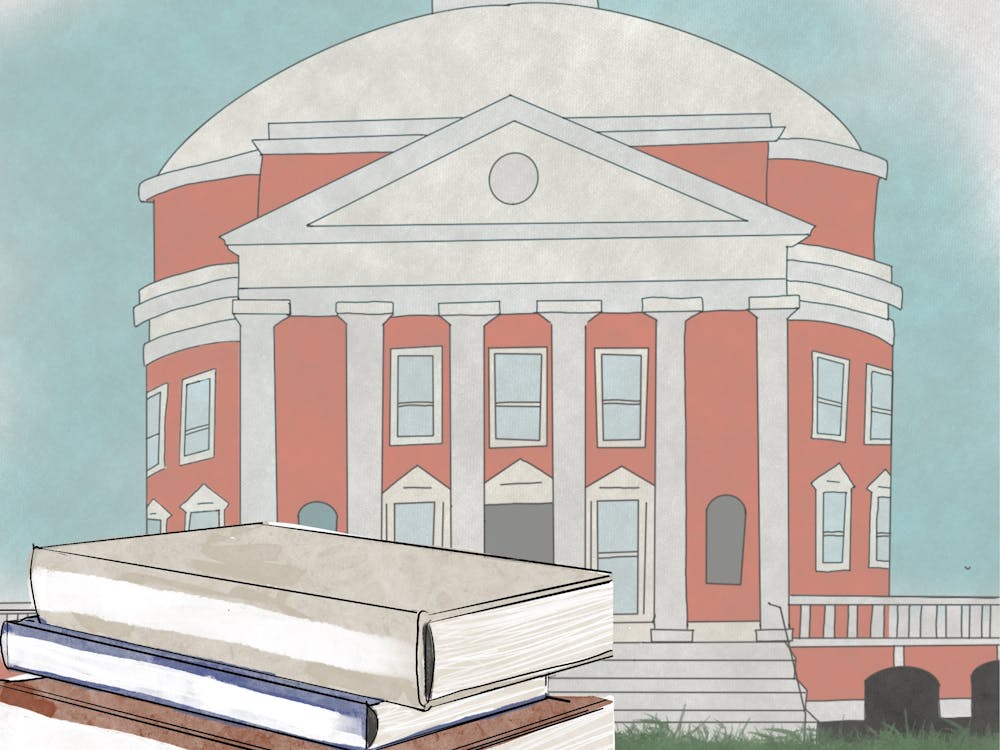Flashback to 2014 — four live-action films based on Marvel comics are released by three different studios. Rival company DC Comics on the other hand hasn’t had anything to offer since the previous year’s “Man of Steel,” but rumors were aplenty with plans to compete with Marvel.
Then in October 2014, DC and Warner Bros. Entertainment officially announced an ambitious plan to launch their own cinematic universe off the back of “Man of Steel,” mapping out 10 films to be released within the next six years. The fourth of those films, “Justice League,” comes to theaters Nov. 17, but the DC Extended Universe has stumbled so often the film will be a new beginning for the whole project.
Of the remaining six films in DC’s original plan, only two are currently in development and planned for release by 2020 — “Shazam” and “Aquaman.” The other four films are still in question, with “Flash” in particular running into a typhoon of development issues. Even looking past these issues, it’s fair to say DC’s plans for movies have changed considerably over the years.
The DCEU was originally envisioned as a darker counterpoint to the light-hearted Marvel films, but now Warner Bros. advertises “Justice League” as an upbeat movie of idealism. DCEU productions are troubled because of DC’s inability to commit to any kind of plan or direction, perhaps best demonstrated with the story behind “Justice League.”
Scripting and casting for a Warner Bros. Justice League movie first began in 2007, but following the success of “The Dark Knight,” the project was shunted to the side in favor of unrelated solo superhero movies. It’s easy to forget now, but the idea of linking solo movies together into a shared cinematic universe was almost preposterous until Marvel proved how possible and profitable the model was with “The Avengers” in 2012. Only after that success was the “Justice League” idea revived.
During the production of “Man of Steel” in 2013, Warner Bros. then-president Jeff Robinov leaked in an interview with Entertainment Weekly plans to construct an extended universe of DC superhero movies. Robinov declared the grim and serious “Man of Steel” would “[set] the tone for what the movies are going to be like going forward.” Writer Will Beall was hired to draft a script for the new Justice League project, and “Man of Steel” director Zack Snyder was kept on board to lend creative direction to future DCEU projects.
Beall was an odd choice considering he didn’t have a single major credit to his name at the time. And following the release of “Man of Steel,” Beall’s script was scrapped and David S. Goyer was hired to write another new “Justice League” script as well as the script for what would become “Batman v Superman: Dawn of Justice.” Goyer was a much more natural choice as he wrote “Man of Steel” as well as the “Dark Knight” trilogy, yet he too would eventually leave the project.
Goyer apparently wrote some sort of epic too powerful to be contained by a single movie, as “Justice League” was revealed in the October 2014 outline as a single story split into two parts. However, Goyer’s scripts were then handed to Academy Award-winning writer Chris Terrio, who reworked “Justice League Part 1” into a self-contained story.
Nobody seemed quite sure what was to be done with “Part 2,” and it was later delayed to give time for a solo Batman movie to be written and directed by its star, Ben Affleck. Not only does “Part 2” now lack a release date, the solo Batman movie also currently lacks a release date, and is no longer being written or directed by Affleck.
After all these rewrites, it seemed DC finally committed — according to Affleck, “Justice League” was “all scripted and set up before [“Batman v Superman”] came out.” But after “Batman v Superman” saw widespread antipathy on release, a drastic change occurred in the direction for the DCEU. All notions of “Man of Steel” as a tone-setter were forgotten as DC promised fans new films colored by optimism and positivity. This promise was fulfilled with the release of “Wonder Woman” in June of this year, and the positive reaction to the film cemented the DCEU’s new direction.
Snyder’s creative control on “Justice League” was split up and shared with two executive producers from “Wonder Woman,” Hollywood producer Jon Berg and veteran comic writer Geoff Johns. Furthermore, “Avengers” director Joss Whedon was brought on to touch up the dialogue in “Justice League,” signalling an end of attempts to contrast Marvel. Eventually, Zack Snyder stepped down entirely as director for “Justice League” following the tragic suicide of his daughter, leaving the directorial chair to Whedon. This shift in direction occurred in May during post-production when the filming should have been close to completion, but the studio then poured a sizable $25 million into an unprecedented two months of reshoots.
It’s unclear exactly how much of “Justice League” Whedon changed in those two months — Cyborg actor Ray Fisher described the reshoots as “brief, if anything” during a panel at Comic-Con. However, Whedon contributed enough for him to earn a writing credit for the film, which under Writer’s Guild of America rules means that at least 33 percent of the script must have been rewritten by him. Regardless of whether those changes were for the better, it’s hard to imagine a coherent film emerging from such a muddled production as both lengthy reshoots and dramatic rewrites were partially responsible for the critical flop of “Suicide Squad.”
The popular narrative amongst DCEU defenders is that Marvel films have been dumbed down to appeal to the masses, whilst the DC movies are driven by deep, artistic vision. The reality is DC is the one constantly being directed by popular opinion. DC is not the visionary, the frontrunner nor the innovator — Marvel is, leaving DC as the reactionary. DC is unable to commit to anything because Marvel has always been one step ahead, which is why a production that was “all set up” like “Justice League” can still undergo such dramatic change. DC may want its movies to be optimistic, but the troubled story behind “Justice League” does not inspire confidence.





